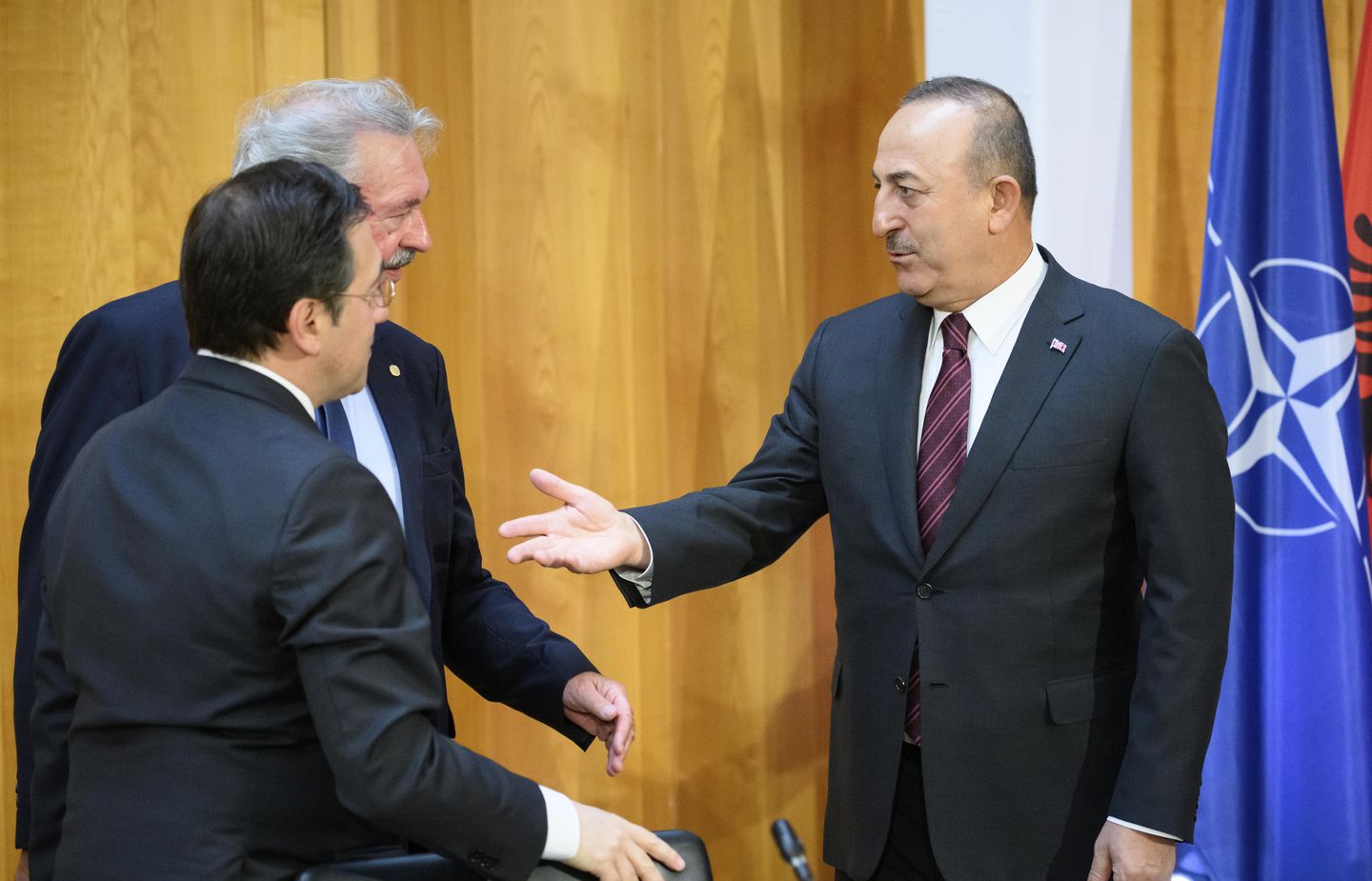

BERLIN – Luxembourg’s foreign minister says he doesn’t believe Turkey will prevent Sweden and Finland from joining NATO, despite the Turkish president’s stated objections.
All 30 current NATO members, among them Turkey, must agree to let the Nordic neighbors join. But Turkish President Recep Tayyip Erdogan has said they failed to take a “clear” stance against Kurdish militants and other groups that Ankara considers terrorists, and imposed military sanctions on Turkey.
However, Luxembourg’s long-serving Foreign Minister Jean Asselborn told Germany’s Deutschlandfunk radio on Tuesday that he suspects Erdogan is merely “pushing up the price” for the two countries’ membership. He said: “At the end of the day, I am convinced that Turkey can’t slam the brakes on this.”
Asselborn added that “this will take some time, I hope not too long.”
He pointed to Turkey’s removal in 2019 from the U.S.-led F35 stealth fighter jet program and the possibility of Ankara getting F-16 fighter jets from the U.S.
___
KEY DEVELOPMENTS IN THE RUSSIA-UKRAINE WAR:
– Ukraine mounts effort to rescue last fighters at steel mill
– In targeting Ukraine’s schools, Russia bombs the future
– From civilian to soldier: Ukrainian army volunteer buried
– With echoes of Trump, GOP splinters over $40B for Ukraine
– Vatican minister visits Ukraine as pope toes delicate line
– Europe accused of `double-standard’ on Ukrainian refugees
– Follow all AP stories on Russia’s war on Ukraine at https://apnews.com/hub/russia-ukraine
___
OTHER DEVELOPMENTS:
LONDON – British military authorities say Russia will probably rely heavily on massive artillery strikes on towns as it seeks to make gains in the eastern Donbas region of Ukraine, citing widespread damage to residential buildings in areas attacked earlier in the war.
The U.K. Ministry of Defense says residential structures accounted for 80% of the roughly 3,500 buildings that were damaged or destroyed in the Chernihiv region during Russia’s now-abandoned advance toward the capital, Kyiv.
“The scale of this damage indicates Russia’s preparedness to use artillery against inhabited areas, with minimal regard to discrimination or proportionality,” the ministry says in a briefing posted Tuesday morning.
The ministry says Russia has probably resorted to “indiscriminate artillery bombardment” because it has limited ability to accurately target such strikes and doesn’t want to risk flying combat aircraft beyond its own front lines.
